Synopsis
Panorama looks at the Vietnam War. Includes an investigation into the attitudes of US citizens to the war and coverage of Sennator Robert Kennedy's speech expressing his concerns.
- Programme: Panorama
- Series: 1967
- Episode: 04/12/1967
- Channel: BBC One
- Broadcast year: 1967
- History
Licence: ERA Licence required
UK only
Staff and students of licensed education establishments only
Cannot be adapted
Add Notes
More clips from Panorama
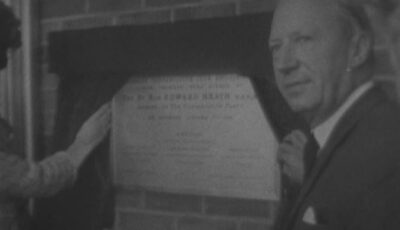
Edward Heath | Panorama
Edward Heath | Panorama
Is Heath the right man for the job? Panorama talks to Conservative Party activists about their views on Edward Heath. He is then interviewed by a pan...

Harold Wilson Interview | Panorama
Harold Wilson Interview | Panorama
Including an interview with Harold Wilson in which the prospect of devaluation of the pound is discussed along with the Vietnam War and un...

Profile of Enoch Powell | Panorama
Profile of Enoch Powell | Panorama
A profile of Enoch Powell.
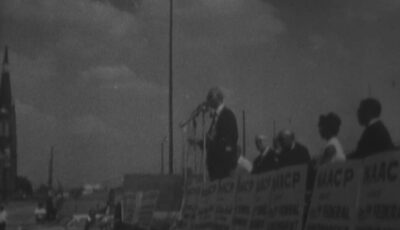
Race riots | Panorama
Race riots | Panorama
Panorama visits Cleveland, on the verge of race riots, to ask civil rights leader Martin Luther King whether his non-violent movement was now losing gr...
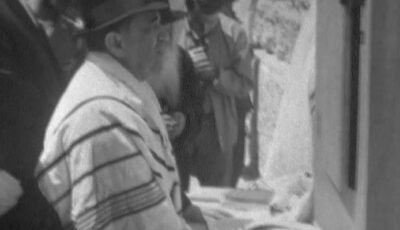
Six-Day War | Panorama
Six-Day War | Panorama
James Watson reports on the Six-Day War in Israel having visited Tel Aviv, Bethlehem and Jerusalem.
More resources about The Cold War
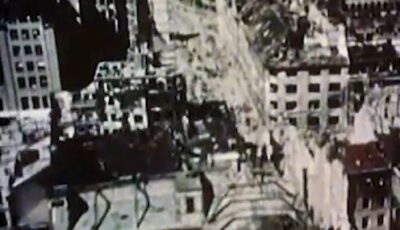
1: Berlin 1945-48 | History File
1: Berlin 1945-48 | History File
Compilation of secondary schools programme about the Cold War, featuring Berlin Crisis, Hungarian Uprising, rise of Soviet leader Nikita Khr...

1: Deja Vu (1858-1961) | The Vietnam War
1: Deja Vu (1858-1961) | The Vietnam War
Revolutionaries led by Ho Chi Minh end French colonial occupation. Vietnam is divided in two at Geneva.
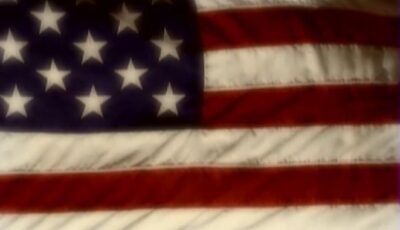
1: Lyndon Johnson's War | Wheeler on America
1: Lyndon Johnson's War | Wheeler on America
A look back at the classic series Wheeler on America from 1996. Charles Wheeler traces changes in US society since the liberal r...
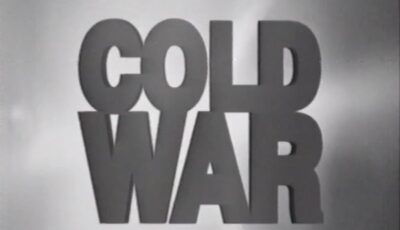
10: Cuba: 1959-1962 | Cold War
10: Cuba: 1959-1962 | Cold War
Fidel Castro comes to power following the Cuban Revolution. Cuba aligns itself with the Soviet Union and the government starts nationalising A...

10: The Weight of Memory (March 1973-Onward) | The Vietnam War
10: The Weight of Memory (March 1973-Onward) | The Vietnam War
While Watergate forces Nixon to resign, the Vietnamese continue to savage one another.
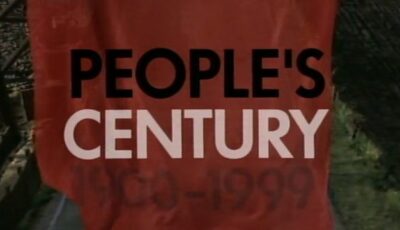
11: 1945: Brave New World | People's Century
11: 1945: Brave New World | People's Century
Despite being allies against Hitler, disagreement and rivalry soon break out between the Soviet Union and the West, leading to t...

11: The Cold War Confrontation | Twentieth Century History
11: The Cold War Confrontation | Twentieth Century History
The Berlin blockade of 1948-49 and the Korean War 1950-53.

11: Vietnam: 1954-1968 | Cold War
11: Vietnam: 1954-1968 | Cold War
After losing the Battle of Dien Bien Phu the French leave Vietnam. A stream of refugees flee to the south after the Communist north institu...

12: 1948: Boomtime | People's Century
12: 1948: Boomtime | People's Century
Europe is exhausted and impoverished in the years after the Second World War. The United States implements the Marshall Plan to rebuild...

12: MAD: 1960-1972 | Cold War
12: MAD: 1960-1972 | Cold War
The United States nuclear strategy of counterforce, intended to counter a Soviet conventional attack by targeting military facilities, is discr...

12: Mr Kennedy and Mr Khruschev | Twentieth Century History
12: Mr Kennedy and Mr Khruschev | Twentieth Century History
The contest between the United States and the Soviet Union between 1961 and 1963 leading to the Cuban Missile Cri...

14: Red Spring: 1960s | Cold War
14: Red Spring: 1960s | Cold War
Likewise the Soviet Union started the decade with growing openness and optimism. There was also an emerging cohort of youth with no memory o...

15: 1951: Asia Rising | People's Century
15: 1951: Asia Rising | People's Century
Through thrift, hard work and discipline, Japan and later South Korea enjoy economic miracles that bring growth, prosperity and conf...

15: China: 1949-1972 | Cold War
15: China: 1949-1972 | Cold War
Following the Chinese Revolution Mao Zedong aligns China firmly with the Soviet Union. China becomes the recipient of Soviet aid, supports Co...

16: Détente: 1969-1975
16: Détente: 1969-1975
Nixon builds closer relations with China and the USSR, hoping to leverage an honourable US exit from Indochina. The Soviet Union is fearful of a US-C...

17: Good Guys, Bad Guys: 1967-1978 | Cold War
17: Good Guys, Bad Guys: 1967-1978 | Cold War
Under Détente the superpowers continued their rivalry, but carefully avoided direct conflict by courting allies in the developi...

18: Backyard: 1954-1990 | Cold War
18: Backyard: 1954-1990 | Cold War
The United States saw the emergence of leftist movements in different Latin American countries as threatening to its commercial interests,...

19: Freeze: 1977-1981 | Cold War
19: Freeze: 1977-1981 | Cold War
Carter's ambitious proposals for total multilateral nuclear disarmament are rejected by Brezhnev; his championing of human rights does not w...

2: Hungary 1956 | History File
2: Hungary 1956 | History File
Compilation of secondary schools programme about the Cold War, featuring Berlin Crisis, Hungarian Uprising, rise of Soviet leader Nikita Khrus...

2: Iron Curtain: 1945-1947 | Cold War
2: Iron Curtain: 1945-1947 | Cold War
The wartime allies demobilise - the United States enjoys its economic strength and resurgence while Britain and the rest of Europe is e...
